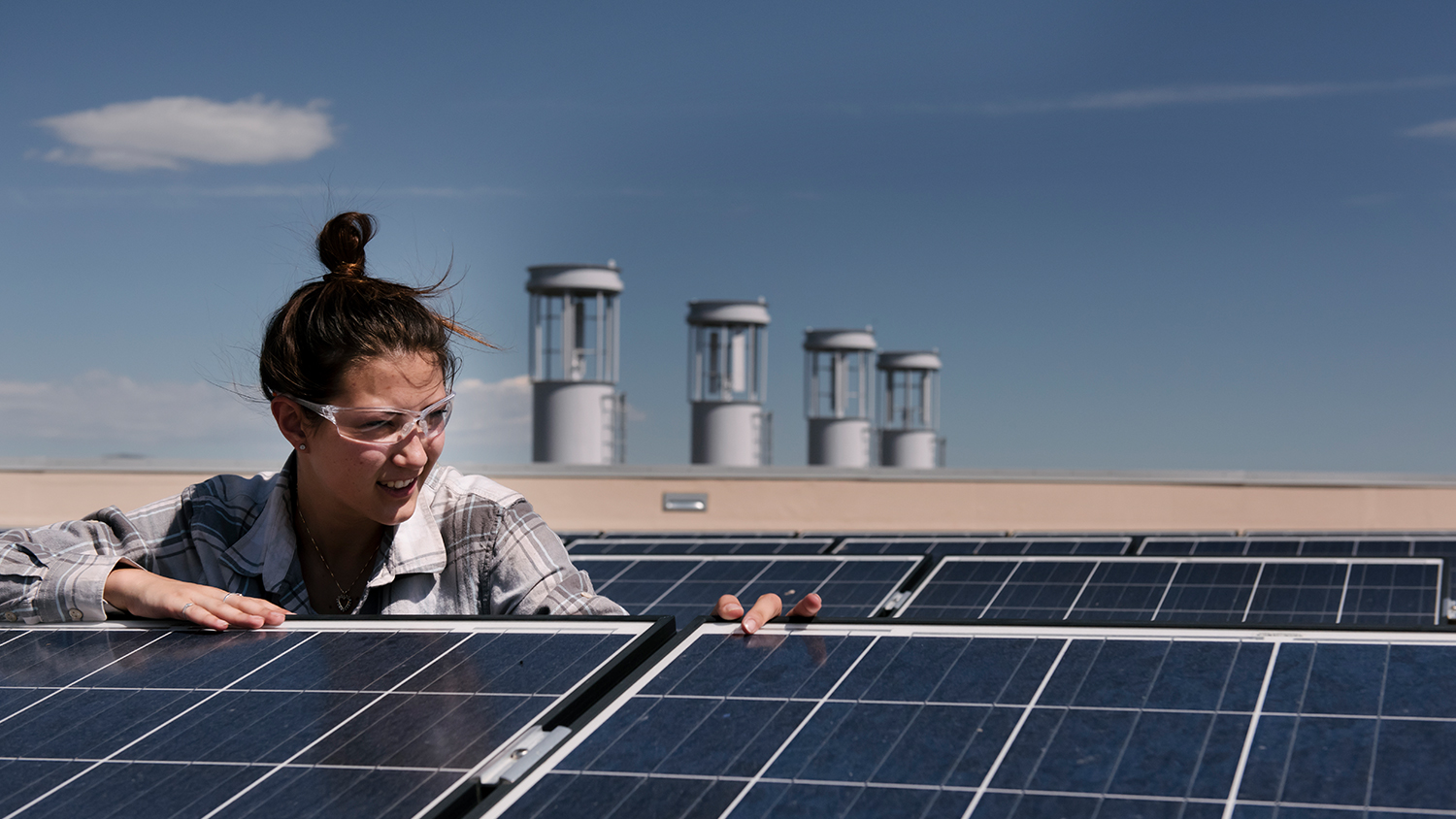
5 ways to explore social justice at Colorado State
Social justice one of CSU’s Principles of Community and central to almost every part of life and learning at CSU. Explore how you can get involved.

Do you want to use your creative problem-solving skills and technology to help the environment?
Environmental engineers design solutions that prevent future pollution as well as correct existing pollution problems. In the major, you’ll gain a foundation in natural sciences, mathematics, biological sciences, and engineering fundamentals, and progress to engineering applications in air, water, land pollution, and environmental toxicology. Opportunities to focus in areas such as agricultural and environmental measurements, rate-controlled separations, basic hydrology, environmental law, and environmental ethics mean you’ll be even more prepared to enter the workforce after graduation.
| Degree type | Bachelor of Science | |||
| Format | On campus | |||
| Part of | Walter Scott, Jr. College of Engineering | |||
| Competitive major? | Yes | |||
| Accelerated option? | No |
With the increasing awareness and concern for the environment, comes an increased demand for the services of environmental engineers, both in the U.S. and abroad. Environmental engineers are employed in designing pollution prevention equipment and systems, designing environmental monitoring systems, implementing both government and industry environmental regulations, designing water and wastewater treatment systems, and restoring ecosystem health. Your degree will prepare you well for entry-level positions with regulatory agencies, engineering consulting firms, and environmental divisions of large corporations, particularly in the energy and manufacturing industries.
For additional opportunities, please reach out to:
Walter Scott, Jr., College of Engineering recruiter at explore@engr.colostate.edu

Social justice one of CSU’s Principles of Community and central to almost every part of life and learning at CSU. Explore how you can get involved.

There are benefits far beyond travel when it comes to learning a second language. A CSU language student explains why it’s such a great idea.

Adding a minor can add distinction to your major at Colorado State, help you customize your education, and more. Here are 5 to consider.

Finding your study vibe can be as hard as finding the right place to inspire it. We help you locate every study spot for every study mood.
Want a more in-depth look at this major? Take a look at the program website to learn more.